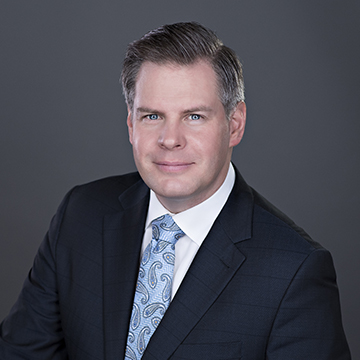Norway Joins Canada and the European Union in Establishing an Interim WTO Appeal Arbitration System
November 21, 2019
On 21st October 2019, the European Union and Norway notified the Dispute Settlement Body (DSB) of the World Trade Organization (WTO) of their agreement on an interim appeal system, in the form of a bilateral arbitration arrangement, to preserve their dispute settlement rights in the event that the WTO Appellate Body is unable to continue operating.
The terms of the EU-Norway arrangement are identical to those of the Canada-EU interim appeal mechanism that was agreed on 25th July 2019 and updated on 22nd October 2019 (for more information see “Canada and the European Union announce an interim bilateral arbitration solution for the WTO Appellate Body deadlock”). This development is further to the European Commission’s mandate to the EC Commissioner for Trade “to enter into interim appeal arbitration arrangements with third countries whenever necessary”, which was adopted in September 2019.
The WTO Appellate Body is composed of seven members who are appointed to serve for four-year terms and may be reappointed for an additional four-year term. The United States has been blocking the appointment of new members since 2017. As a consequence, there are currently only three members remaining, which is the minimum number needed for the Appellate Body to function. The terms of two of these three members — Ujal Singh Bhatia (India) and Thomas R. Graham (United States) — will expire on 10th December 2019, leaving only Hong Zhao (China) as the single remaining member. The Appellate Body is therefore expected to cease functioning on 11th December until new members are appointed. Graham has stated that he has not yet decided whether he will observe the standard practice of continuing to serve beyond the expiration of his term to complete the disposition of appeals that were commenced while he was a member. If he does not, this would leave suspended almost twenty pending appeals at various procedural stages.
In addition, it has recently been reported that the United States may consider blocking the adoption of the WTO budget, citing as one of its concerns the possibility that WTO funding may be diverted to support the interim appeal system established by Canada, the European Union, and Norway. To address this concern, one wonders whether the proposed interim appeal mechanism could be separately funded by the disputing parties on a case-by-case basis, in a manner similar to the funding of ad hoc tribunals in investor-state dispute settlement arbitrations.
Tereposky & DeRose LLP regularly provides advice and acts as counsel in international trade disputes, including WTO dispute settlement proceedings. If you have any questions about the foregoing subject, please do not hesitate to contact us.






